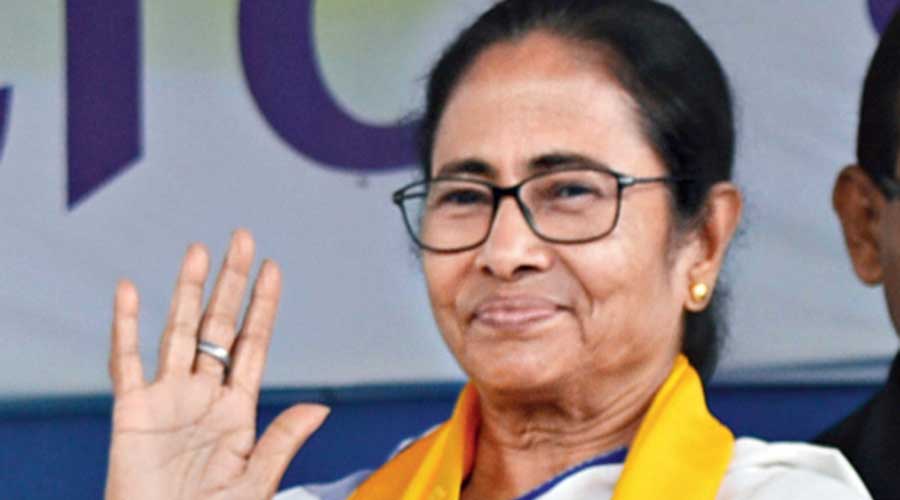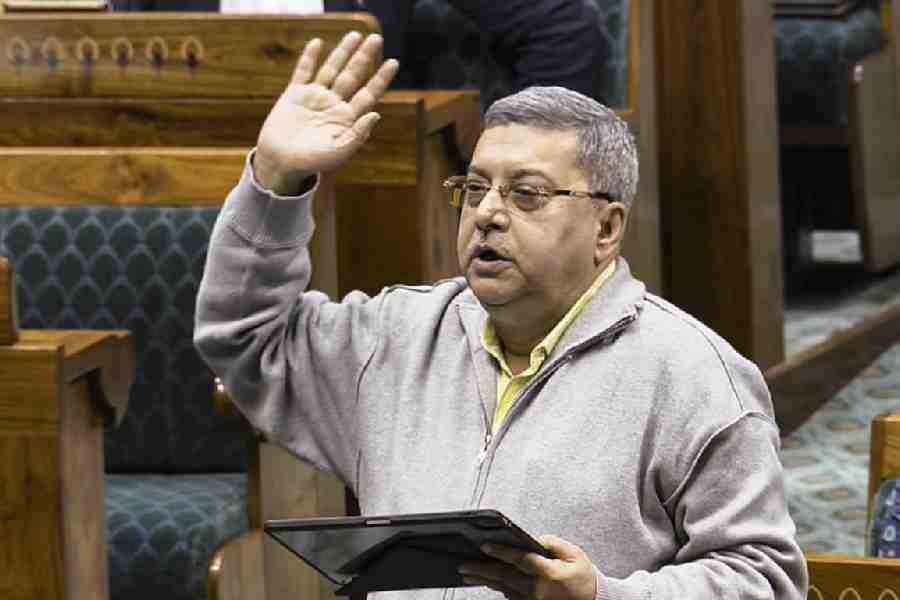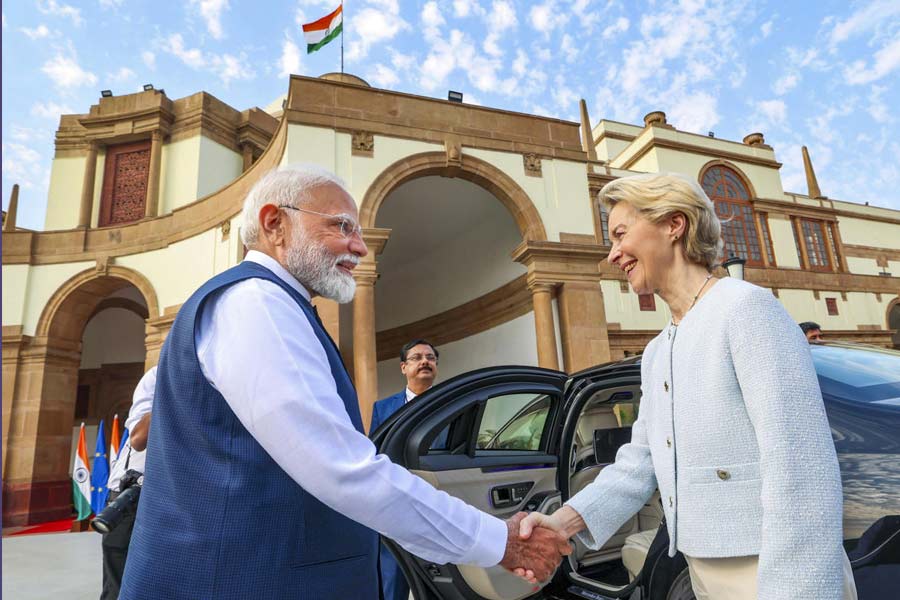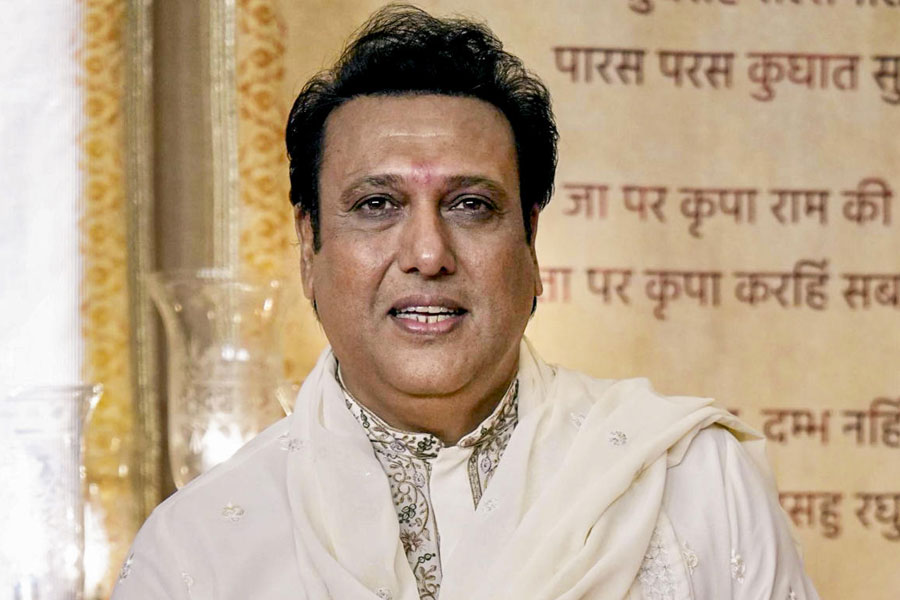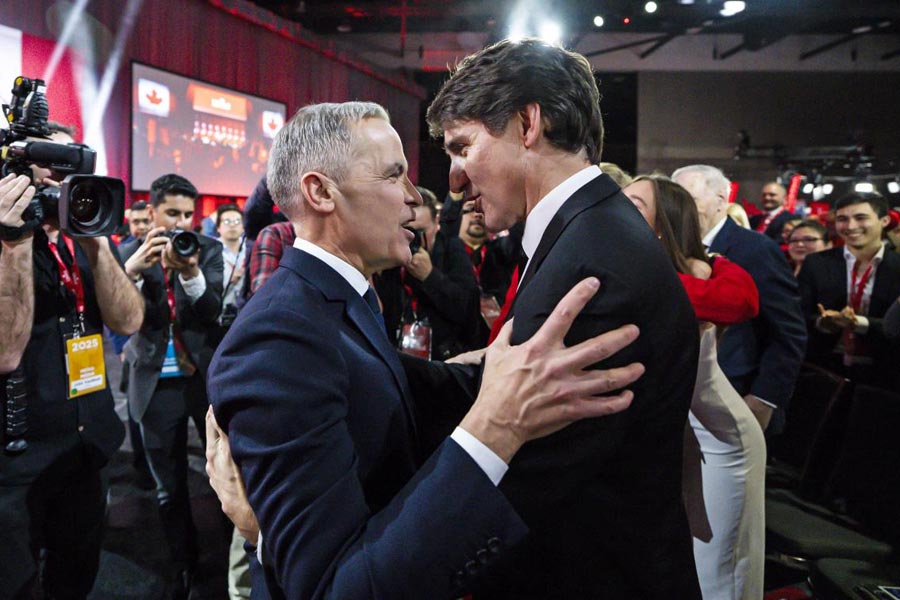The congratulatory messages sent by the prime minister and the foreign minister of Bangladesh, Sheikh Hasina Wajed and A.K. Abdul Momen, respectively, to the chief minister of West Bengal, Mamata Banerjee, on winning a third term has been described as unusual. The warm gesture may be uncommon: foreign heads of states, under ordinary circumstances, are averse to involving themselves in the outcomes of state elections in a neighbouring country. There is a line of thought that has attributed the outreach from Bangladesh to the personal chemistry between Ms Wajed and Ms Banerjee. But that may be a partial explanation for this unique gesture. Perhaps Mr Momen’s missive offers greater insights. Bangladesh’s foreign minister congratulated Ms Banerjee for upholding the elements that bind the two Bengals: religious harmony and collective brotherhood. The speculation of Dhaka sending a message to New Delhi in the light of Mr Momen’s letter may not be entirely idle. The ruling Bharatiya Janata Party has never shied away from portraying citizens of Bangladesh in an objectionable manner. The Union home minister had, in the course of the BJP’s campaign in Bengal, said, albeit indirectly, that if the party were to be voted to power in the state, it would keep infiltrators from Bangladesh at bay. This persistent, pejorative rhetoric has, understandably, ruffled feathers in Dhaka. There is speculation that the letter was Dhaka’s way of reminding New Delhi — essentially the BJP dispensation — of the futility of the pursuit of polarization in a Bengal that has been steeped in the tradition of pluralism.
Ironically, it is Ms Banerjee who can help Narendra Modi and the BJP mend fences with Dhaka now. If the BJP has foresight, it could use Ms Banerjee’s personal popularity in Bangladesh and among its political establishment to settle bilateral issues. The sharing of the Teesta’s water is among them. Both nations would benefit from consolidating their steady partnership given the emergence of a belligerent China. India’s border dispute with China remains unresolved; China has also cast its red eye on Dhaka, warning it not to join the Quad. This common anxiety could bring India and Bangladesh even closer. Ms Banerjee may well be the proverbial glue in this bilateral bonding — but only if Mr Modi, like India’s first prime minister did — recognizes the importance of setting aside political differences for the greater good of the country.

